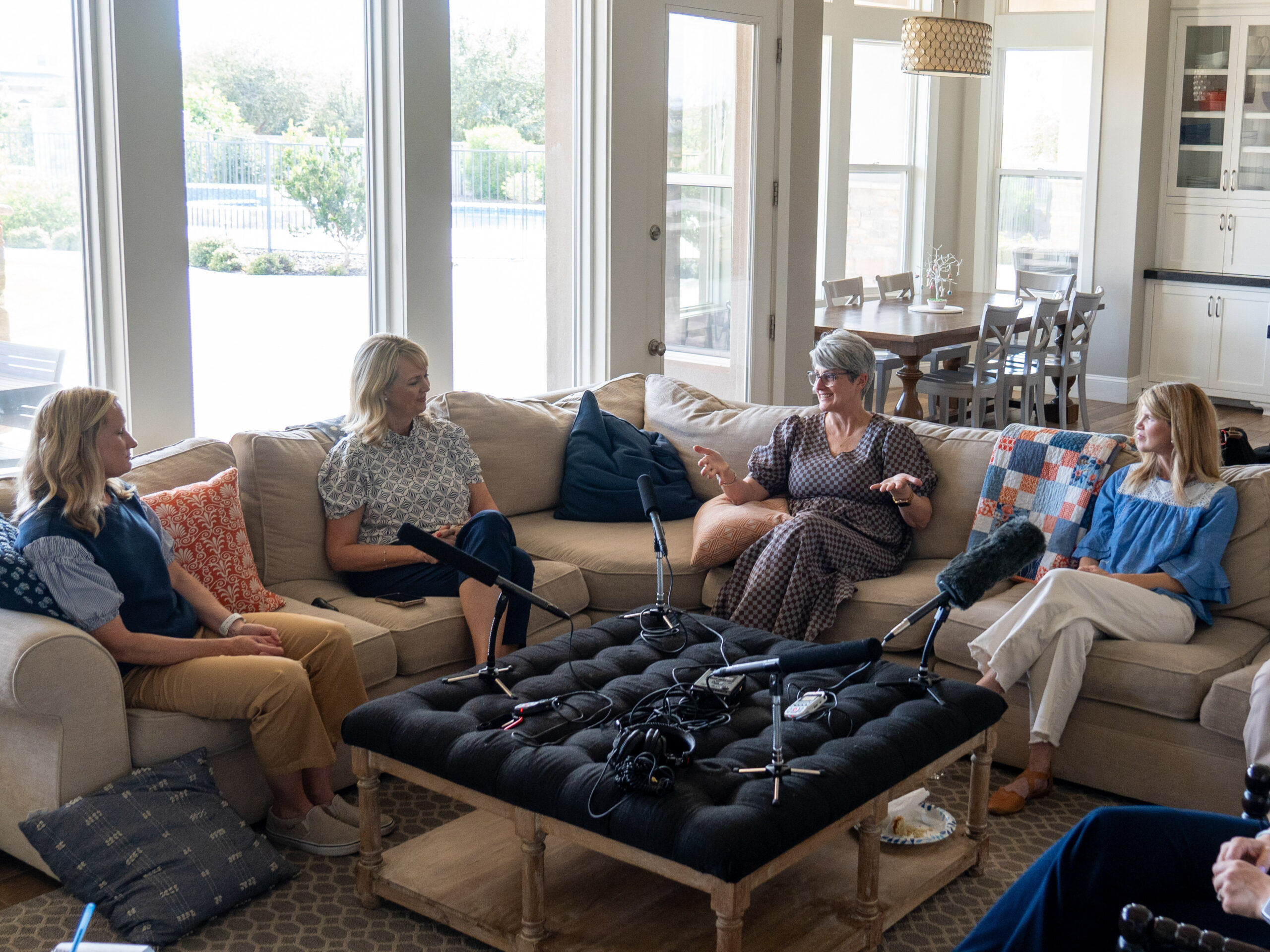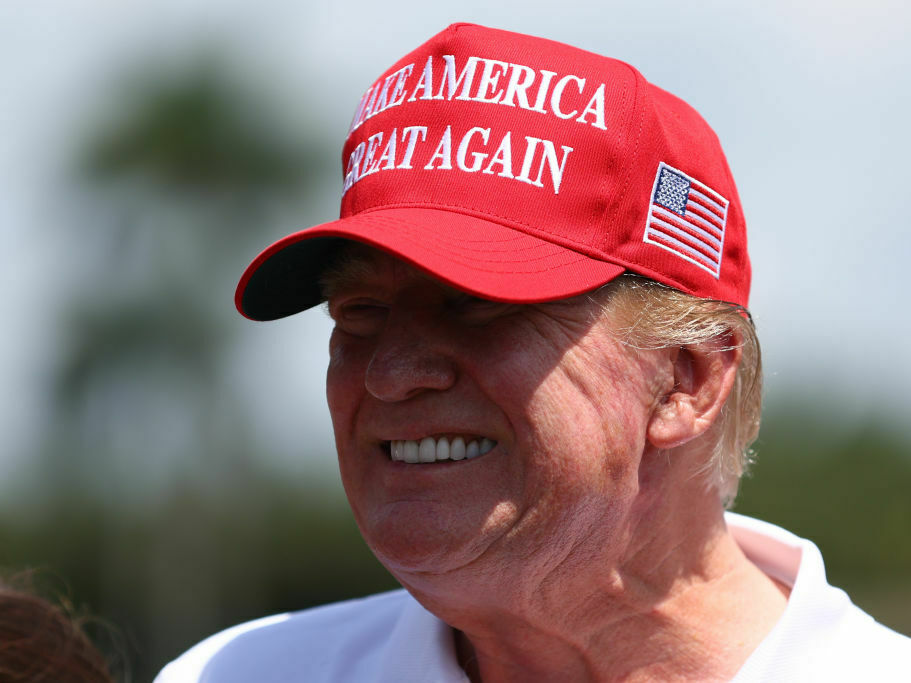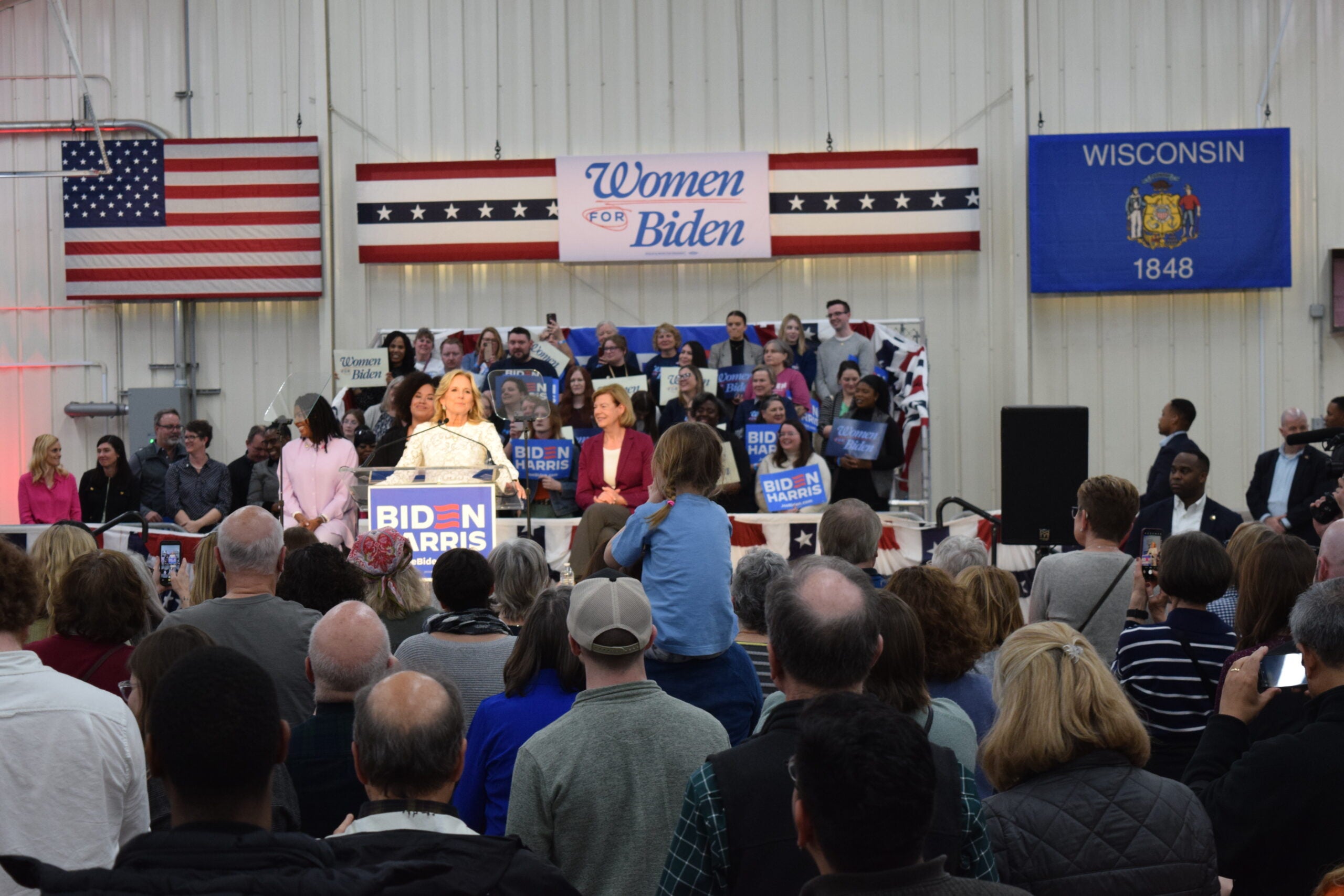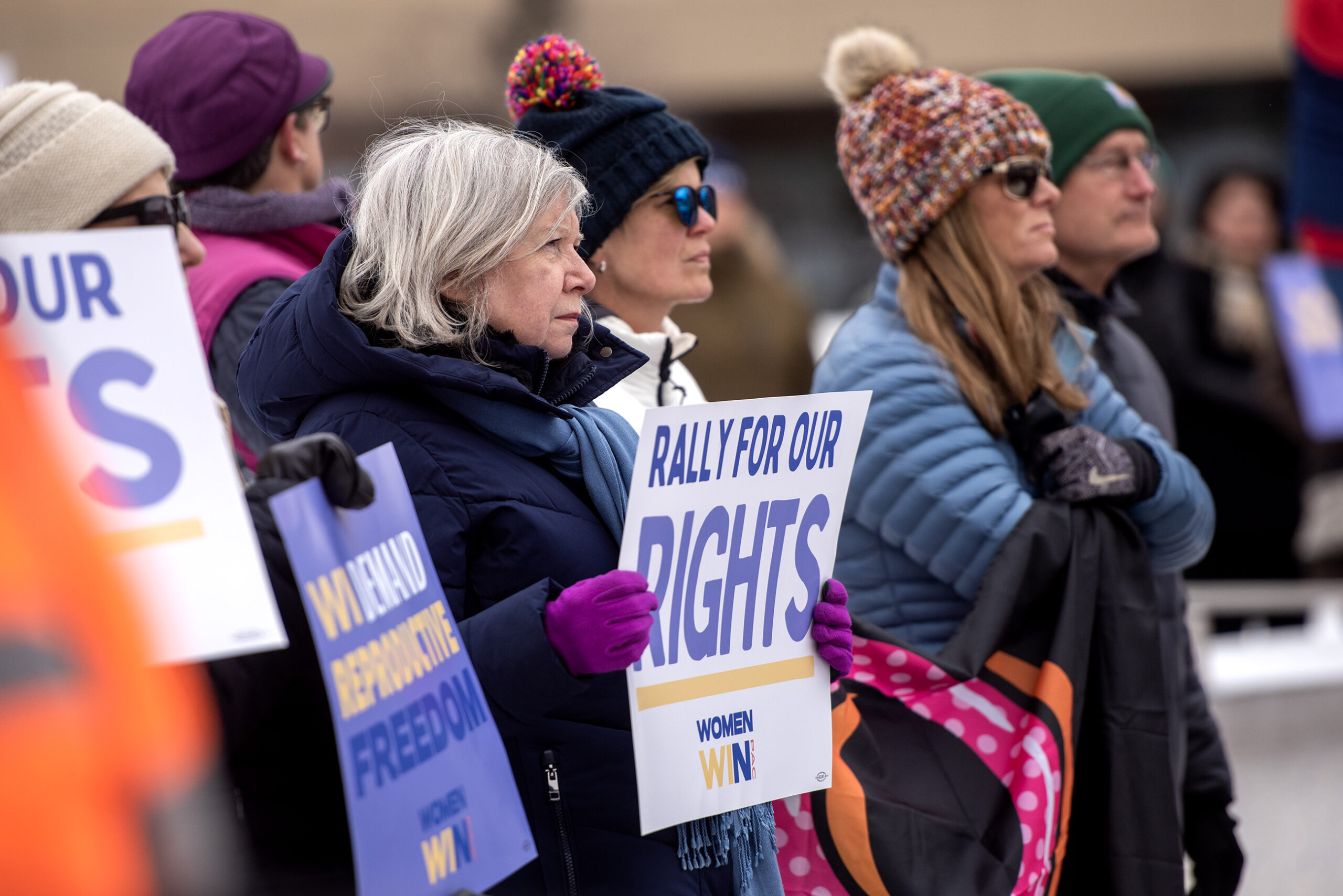Republican Gov. Scott Walker and Democrat Mary Burke met on Friday night for their first televised debate, in which both candidates largely stuck to talking points and neither went too heavily on the attack.
The candidates were asked a number of questions from a four-member panel, starting with the recent court ruling on voter ID, and proceeding on to topics including abortion, the minimum wage, the state’s projected structural deficit, frac sand mining and Medicaid expansion.
On the issue of the economy and job creation, the two candidates painted starkly contrasting pictures. Walker argued that Wisconsin was on the right path, citing recent Bureau of Labor Statistics data that pegged Wisconsin as having the fourth-highest job growth in the Midwest from August of 2013 to August of 2014.
Stay informed on the latest news
Sign up for WPR’s email newsletter.
Burke, however, insisted that job Wisconsin in the state was “lagging” the rest of the nation. She said that Walker’s strategies weren’t working and that the state needed a new economic direction.
On the issue of abortion, Walker echoed the tone he struck in a campaign ad released earlier this week by acknowledging his anti-abortion stance, while also saying that he respected women’s health choices and wanted to help improve their safety.
“I’m pro-life, but I can only imagine how difficult that decision is … over whether someone’s going to terminate their pregnancy or not,” he said.
The issue was a rare moment in which Mary Burke went on the offensive, calling out Walker for “trying to have it both ways.” She accused him of advocating for women’s safety and health while also trying to control women’s bodies through his policies — specifically, a law he signed requiring abortion clinic physicians to have admitting privileges at nearby hospitals.
Burke repeatedly brought up her business experience at Trek Bicycles throughout the debate, mentioning that she would address the structural deficit in the same way she would as a CEO — go “line by line and set priorities.” She also declared that Walker’s rejection of Medicaid funds as part of federal health care reform wouldn’t have flown in a private company.
Walker, in defense of his rejection of those funds, said that he made the right choice since, according to him, the federal government can’t be relied upon to deliver money they promise.
Neither candidate made any major gaffes, though Walker did get his microphone cut off multiple times for exceeding time limits with his answers, and Burke struggled somewhat while fielding a question on what qualities she admires about her opponent.
The debate was also largely bereft of any mention of the scandals that have plagued both candidates. Walker never brought up the allegations of plagiarism that were fired at Burke’s campaign after it was discovered that parts of her campaign materials had been copied.
The matter of the John Doe investigations into Walker’s campaign activities also largely failed to surface during the debate — though Burke did at one point bring up the discovery from the investigation that the mining company Gogebic Taconite made a considerable donation to a conservative group that contributed to Walker’s campaign.
The two candidates will meet again in another debate next Friday in Milwaukee.
Check out WPR’s live Storify coverage of the debate below:
Wisconsin Public Radio, © Copyright 2024, Board of Regents of the University of Wisconsin System and Wisconsin Educational Communications Board.






